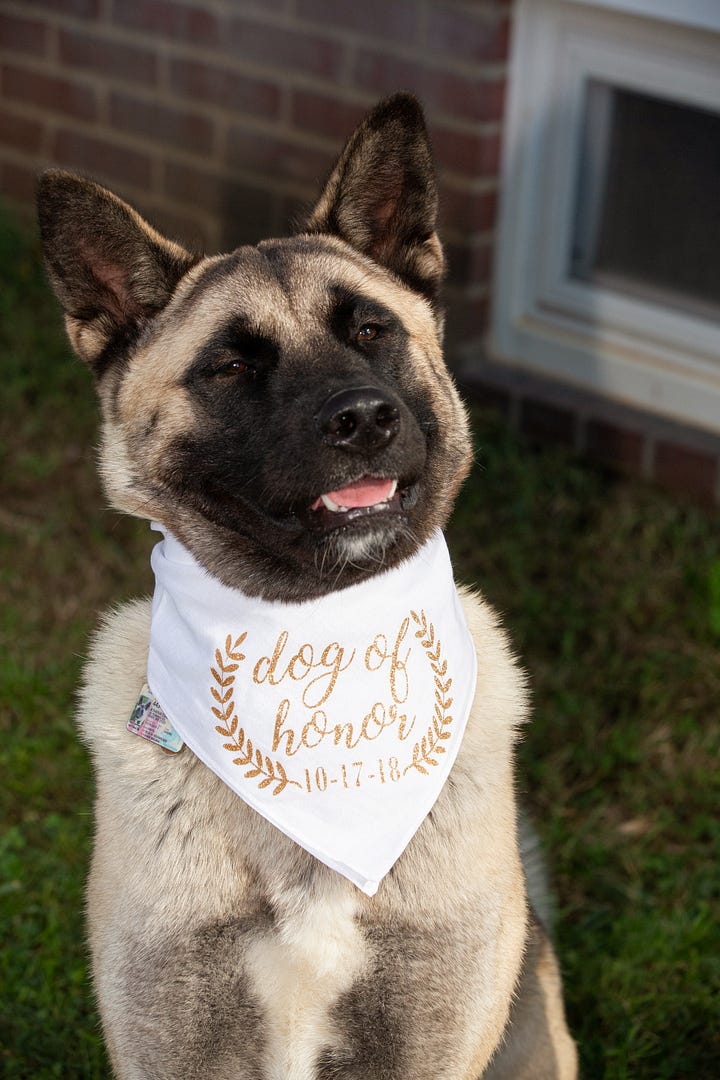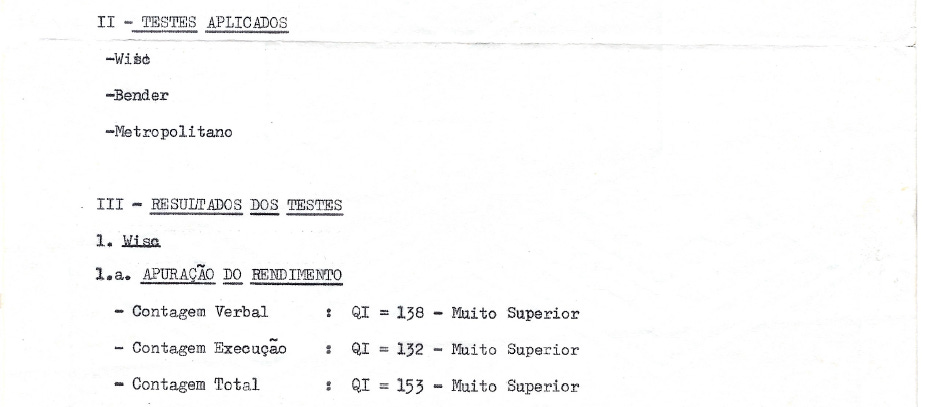A New Lens, Not a New Me: Why I’m Telling You Now
I just turned 39. I also was just diagnosed with Autism. This is what that means—and why it matters.
I’ve spent the last year calling bullshit on propaganda, authoritarianism, and every con job dressed up as “common sense.” I’ve deconstructed the cult of personality around Trump, exposed the hollow men behind the fascist curtain, and refused to let anyone gaslight us out of our democracy.
But let me turn that lens inward for a moment.
A few weeks ago, I was diagnosed with Autism.
I also just turned 39.
Let that sit.
Because that means I went nearly forty years—my entire life—without understanding something fundamental about how my mind works. Something that shaped every struggle, every breakdown, every moment I felt like an alien in my own life. And I never had a name for it.
So no, I’m not telling you this for sympathy.
I’m not sharing it for clicks, clout, or credibility.
What I am sharing is a fundamental truth about myself, because understanding who we are—and how we process the world—is, and always has been, part of the work.
But before I go any further, I need to give credit where it’s due—to thank someone who may never read these words, but who fundamentally changed my life without even trying:
Some time ago, a video popped up in my feed from a YouTuber I’d followed for years—Dave Plumer from Dave’s Garage. In it, he talked openly about what it was like to be diagnosed with Autism as an adult. He described the signs he noticed, how his mind seemed to work differently, and how those realizations led him to finally seek a diagnosis.
Dave doesn’t know me. But through that video, he set me on my own quest to know myself. That was almost a year ago now—and that changed everything.
For the first time, things clicked. Patterns I had spent decades trying to understand, and maybe subconsciously trying to ignore, were suddenly staring me in the face.
You see, I spent most of my life believing there was something wrong with me that couldn’t be named or mended. Making friends felt like learning choreography for a dance everyone else knew by instinct. And when I failed, again and again, to fit in—no matter how well I performed on paper—it started to break something in me.
It started early. I was expelled from kindergarten because I couldn’t socialize. Not in a “he gets distracted” kind of way—I just didn’t connect the way others did. I was very disruptive in class; I wanted the teacher to quickly teach the next thing I didn't know. By five, I had already become a challenge for my single mom and my grandmother. After I was expelled from kindergarten, no other school would take me until I was evaluated by a specialist. So, they had to bring me to a university, where psychologists tried to figure out what was “wrong” with me.
153. I'm not sure how to put into words how much that single number would go on to shape my life. The psychologists wanted to move me to third grade because I was so "cognitively advanced". But no one ever took the time to address my complete lack of social skills. I was lost. Different. “Off.” Socially, I was completely illiterate. And in many ways, I still am.
With every year, the gap between my “intelligence” and my social skills only grew wider. So did the pressure and expectations that I’d one day be a doctor, or a professor, or whatever other title society tends to associate with great success, I heard them all growing up. By the time I was 15, I had only ever had 2 “friends” before moving to the United States.
By 25, I’d been through every antidepressant they could throw at me. I even tried electroconvulsive therapy. I checked myself into psychiatric hospitals three times because I was ready to put an end to it all. And another, because I tried to. The pain didn’t just live in my thoughts—it lived in my skin, in my body, in the hollow silence of every failed connection. It’s not that I hated life, but I couldn’t figure out how to live it. The crushing weight of expectations, born from my cognitive strengths, clashed brutally with my innate social struggles, creating an unbearable internal chasm.
I had thought about autism before—years ago, briefly. But I dismissed it, and so did my doctors. Even knowing about Asperger’s (though the term has now long been retired), I still had this picture in my head of what autism was supposed to look like. I didn’t fit that picture. I didn’t rock back and forth. I made eye contact. I spoke well. I had become so adept at masking that I had even fooled myself. But I had no idea how deeply these adaptations were costing me.
Autism, I’ve learned over the past year, doesn’t always look like people expect it to. Especially not in high-functioning adults. Even less so in people who learn how to mask well enough to get by—until getting by almost kills them.
There are two reasons why I’m sharing this:
First, because I feel that I owe it to those of you who take the time to read the things I write to explain where I’m coming from.
I’ve always processed things differently. I notice patterns most people don’t. I hyper-focus to the point of obsession. Injustice doesn’t just frustrate me—it violates me. It lights up my nervous system like a fire alarm. I have to respond. And when others don’t see what I see, it’s not just disagreement. It feels like betrayal by reality itself.
Autism doesn’t define me—but it explains me. It makes sense of the intensity, the pattern-seeking, the intolerance for bullshit, the need to build systems like USOS1, the drive to translate chaos into coherence. It explains why I speak with urgency and why I refuse to play the game of false neutrality. It explains why I care as deeply—and as viscerally—as I do.
And secondly, and more importantly, because I spent most of my life thinking I was broken even though I wasn’t. Because I spent so long feeling that I was alone, when there are so many others out there who have experienced similar challenges in their own way. Because it took me almost thirty years to learn the most important lesson of my life:
That for all the pain the thing that makes you different can bring, it can also become your superpower. It can be the thing that gives you the opportunity to make the world around you better—whether a little, or a lot.
And if you allow yourself to take that opportunity—if you let it be your superpower—you might just find not only relief, but joy. Drive. Love. Purpose.
By 35 I had found someone that “got” me—even if I didn’t—and we’ve now been married for almost 7 years. We’ve got our fur babies, Ares and Athena.


I have found my voice, through the American Manifesto, and along with it, purpose.
And maybe someone else out there is on the edge of what I once was. Maybe they’ve spent decades thinking they were broken, misfiring, or failing at some invisible test. Maybe this is the first time they’ve ever seen someone articulate it in a way that makes things click, or that finally makes sense of their own experience—a light in a dark room, or a compass in an empty sea.
So, if that’s you—whoever you are—I want you to know this:
You’re not alone.
You’re not broken.
And you’re not imagining it.
And if these words can do for you what Dave Plumer’s did for me, then it was worth every one of them.
This diagnosis doesn’t change the mission.
But it does sharpen it.
Because now, I finally have the full picture. And I plan to use that clarity—every bit of it—to keep fighting like hell for truth, justice, and a future worth building.
Let’s go.
If these words resonated with you, if they offered clarity, or if you simply believe in the power of shared understanding, then this work is reaching its intended audience. No ads, no billionaires, just one person fighting to build a better future alongside you. If this mission—and these conversations—matter to you, consider supporting it.
And if you have your own story or thoughts to share, please do.
USOS refers to the Unified Societal Operating System, a values-based meta-framework for organizing a just, functional, and resilient society. It centers on five core principles—fairness, truth, responsibility, merit, and simplicity—and offers a systemic blueprint for reforming institutions, aligning governance with shared values, and confronting modern threats like authoritarianism, disinformation, and unsustainable inequality. You can check it out below:





Lukium........BLOWN AWAY. speechless even.
Your articulation of the process of discovery is so moving and accurate. I'm fascinated by your story for personal, medical, political, so many I cant articulate!!--Your schooling scenario sounds familiar. Our schooling systems are woefully behind in not only teaching, but basic gentle observing behavior instead of a punitive based system--works not for those on the spectrum.
Are your dogs shepherds? I ask because I have a shep-husky &he looks like a wolf! We joke because he "has so many feelings". He is SOOOO intelligent---like a young teen intelligent---but I would say he is autistic. He needs things from me that I have to be very thoughtful about. Eye contact, touching, no yelling. He will not respond to anything punitive. Positive reinforcement all day. I see how teachers get frustrated and that makes everything worse.
We....I..I have come to the truth that my eldest is certainly on the spectrum. Being a psychologist---being a psychologist that comes from a competitive, 'youre not hurt', abusive environment, I made excuses for Jamuson...and didn't get him the treatment that he needed sooner...
My mistake will be the burden of my lifetime.
But he is 18 and we are starting now. I was just graduating my Masters when the DSM expanded the criterion for Austism and it opened it up in such a great way- but not with out a lot of pearl clutching.
IT Makes so much more sense now! (if the Cretons didn't ignore that information and decided to tack it on to the conspiracy that vaccinations cause autism---VACCINATIONS DO NOT CAUSE AUTISM--There is so much research proving that it does not even correlate consistently. If anyone is still questioning autism and vaccination links, I would be happy to share with you what I know, so you can make informed vaccination decisions. We all need them to keep disease at bay!
"Autism doesn’t define me—but it explains me.
This diagnosis doesn’t change the mission.
But it does sharpen it."
This is exactly how I feel about my own late in life autism diagnosis, thank you for sharing.
I love your writing because you are able to take such a broad integrated & relentless perspective on history & politics; not every mind can do what you do.
Even if your writing & activism never wins you fame or glory, I hope that it makes you feel successful, because I admire you.